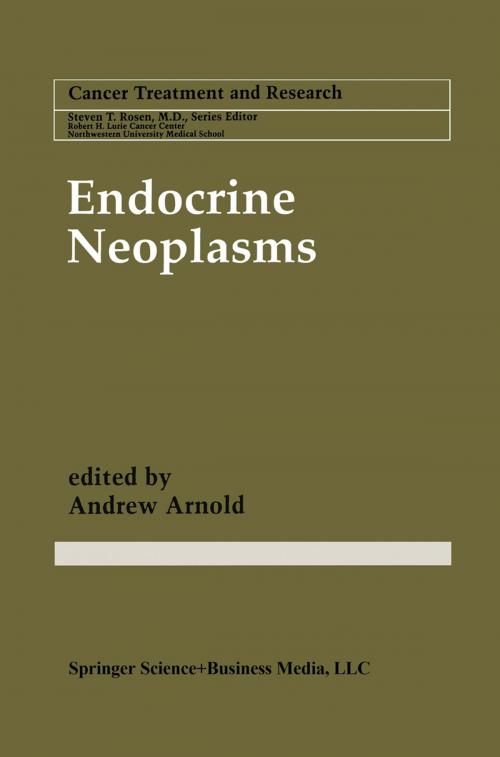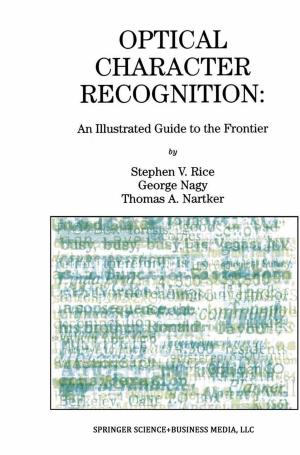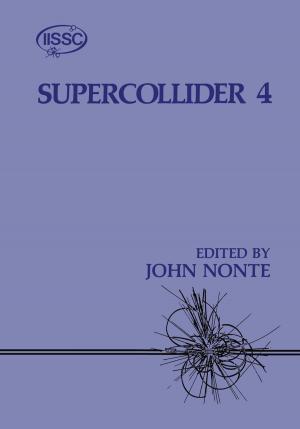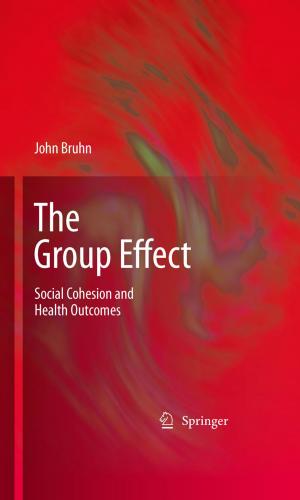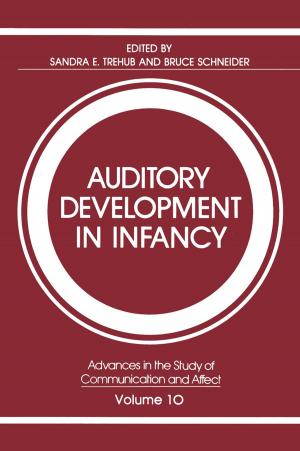Endocrine Neoplasms
Nonfiction, Health & Well Being, Medical, Specialties, Oncology, Veterinary Medicine| Author: | ISBN: | 9781461563556 | |
| Publisher: | Springer US | Publication: | December 6, 2012 |
| Imprint: | Springer | Language: | English |
| Author: | |
| ISBN: | 9781461563556 |
| Publisher: | Springer US |
| Publication: | December 6, 2012 |
| Imprint: | Springer |
| Language: | English |
Andrew Arnold The past several years have been a time of intense excitement and have brought major advances in the understanding and treatment of endocrine neoplasms. This is therefore an excellent point at which to undertake a broad based overview of the state of the art in endocrine neoplasia for the Cancer Treatment and Research series. Because of the wide and interdisciplinary readership of this series, our aim for each chapter has been to provide ample background for those not highly familiar with the topic, while emphasizing the most recent advances. Furthermore, the chapters have been written with the clinician in mind, whether she or he is an oncologist, endocrinologist, surgeon, generalist, pathologist, or radiologist. As such, the authors' mission has been to focus on clinically relevant issues and to present the scientific basis of current or potential future advances in a manner easily digestible to the nonexpert. Endocrine tumors often cause problems for the patient by virtue of their hormonal activity, which may frequently (but certainly not always) over shadow the adverse consequences related to their mass per se. In fact, it is important to keep in mind that endocrine tumors can manifest two biologically separable but often intertwined properties, namely, increased cell mass and abnormal hormonal function. These need not go hand in hand, and their distinction has definite clinical relevance in, for example, the increasingly recognized problem of incidentally discovered adrenal or pituitary masses.
Andrew Arnold The past several years have been a time of intense excitement and have brought major advances in the understanding and treatment of endocrine neoplasms. This is therefore an excellent point at which to undertake a broad based overview of the state of the art in endocrine neoplasia for the Cancer Treatment and Research series. Because of the wide and interdisciplinary readership of this series, our aim for each chapter has been to provide ample background for those not highly familiar with the topic, while emphasizing the most recent advances. Furthermore, the chapters have been written with the clinician in mind, whether she or he is an oncologist, endocrinologist, surgeon, generalist, pathologist, or radiologist. As such, the authors' mission has been to focus on clinically relevant issues and to present the scientific basis of current or potential future advances in a manner easily digestible to the nonexpert. Endocrine tumors often cause problems for the patient by virtue of their hormonal activity, which may frequently (but certainly not always) over shadow the adverse consequences related to their mass per se. In fact, it is important to keep in mind that endocrine tumors can manifest two biologically separable but often intertwined properties, namely, increased cell mass and abnormal hormonal function. These need not go hand in hand, and their distinction has definite clinical relevance in, for example, the increasingly recognized problem of incidentally discovered adrenal or pituitary masses.
